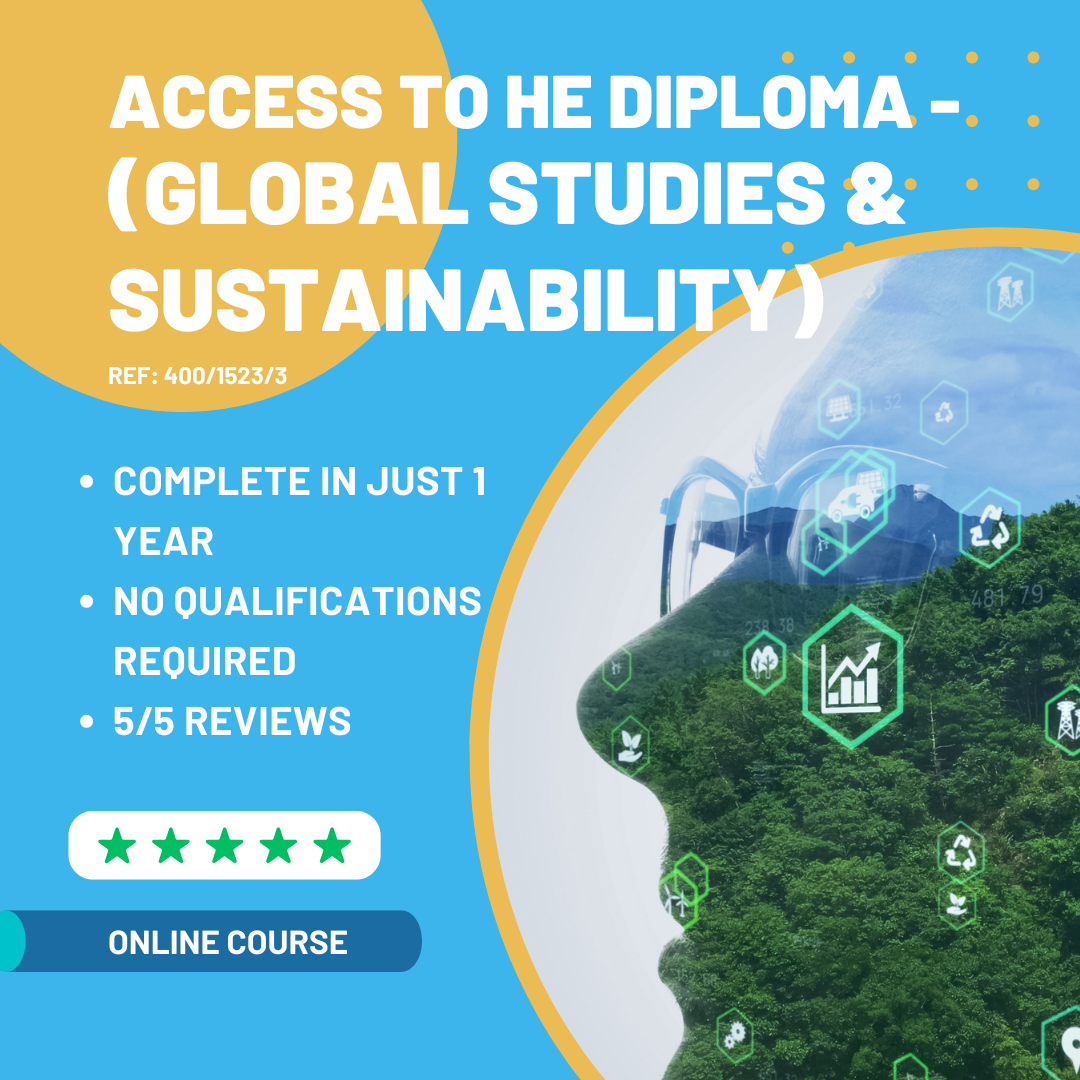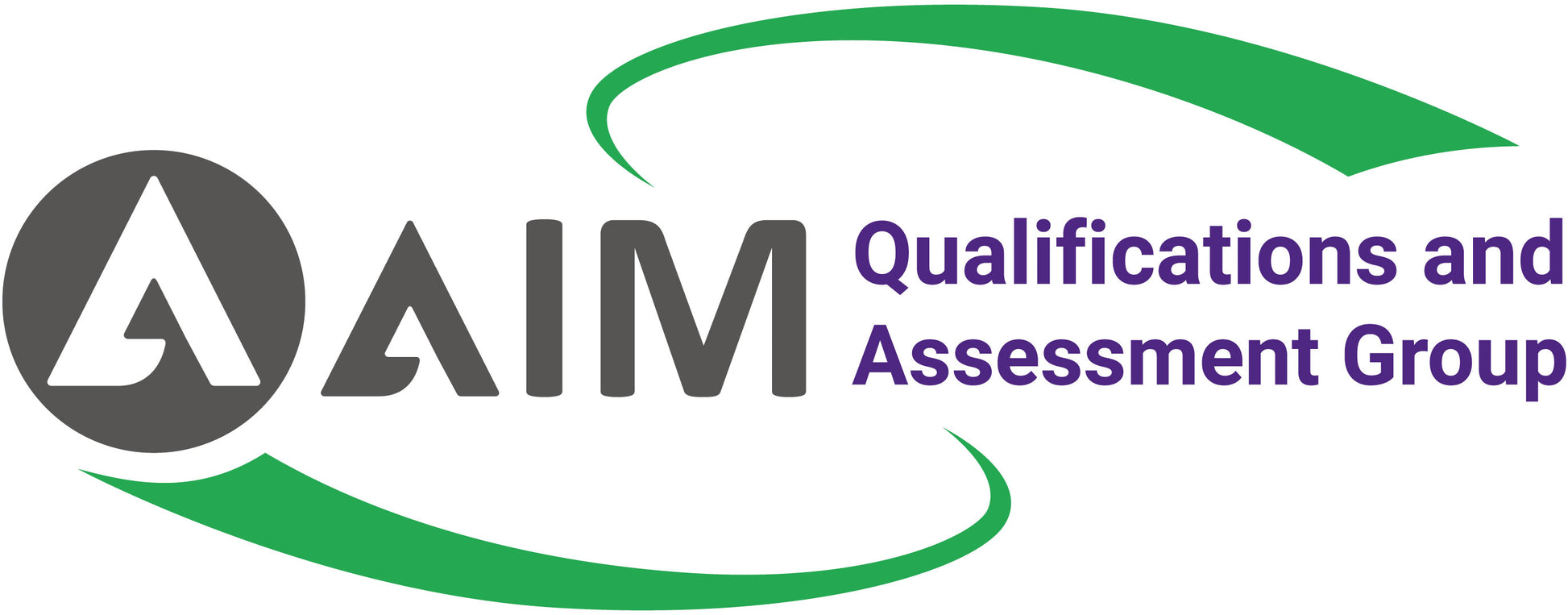AccessCoursesOnline
Access to HE Diploma (Global Studies and Sustainability)
Access to HE Diploma (Global Studies and Sustainability)
Couldn't load pickup availability
Course Outline
Course Outline
This Level 3 diploma, regulated by AIM Qualifications and Assessment Group, prepares you for progression to degrees in areas such as:
International Relations
Global Development
Sociology
Human Geography
Environmental Studies
Social Policy
Law and Politics
The diploma balances subject-specific learning with transferable skills to give you a strong academic and professional foundation.
Modules
Modules
Academic Study Techniques (6 credits)
Build the essential tools for success in higher education. This unit develops your ability to plan and structure essays, reference sources correctly, take effective notes, and manage your study time. You’ll also strengthen your writing and revision skills, giving you the confidence to tackle assignments at degree level.Preparing for a Higher Education Admission Interview (3 credits)
Get ready for university admissions with practical preparation. You’ll explore how to present yourself effectively, answer typical interview questions, and highlight your strengths and motivation. This unit builds confidence and helps you understand what universities are looking for in applicants.Developing Critical Thinking (3 credits)
Learn how to question assumptions, evaluate evidence, and build logical arguments. This unit strengthens your analytical skills, teaching you how to break down complex ideas and form reasoned conclusions — a key ability for both academic and professional life.Independent Research (3 credits)
This unit introduces you to the process of carrying out independent research. You’ll learn how to select a topic, gather reliable sources, analyse information, and present your findings. These are the same skills you’ll need for university assignments and research projects.Ecology, Ecosystems & Environmental Management (3 credits)
Study the science of ecosystems and the ways in which they are managed. You’ll explore food webs, energy cycles, biodiversity, and the impact of human activity. The unit also looks at practical methods of sustainable management and conservation.Environmental Issues (6 credits)
Examine the major environmental challenges facing our planet, including climate change, deforestation, water scarcity, and waste management. You’ll assess the causes and consequences of these issues and evaluate the policies and solutions that aim to address them.Conservation and Sustainable Development (6 credits)
Understand how conservation links with sustainable development at local and global levels. You’ll explore case studies of projects that balance economic growth with environmental protection and consider the challenges of creating a sustainable future.Human Geography (3 credits)
Investigate how human activity shapes the planet. Topics include urbanisation, migration, global inequality, and the interactions between people, culture, and the environment. This unit develops awareness of the global forces that influence our lives.Pollution and Human Population (3 credits)
Explore the environmental impact of a growing population. The unit covers types of pollution (air, water, soil), the strain of human expansion on natural resources, and the importance of sustainable planning to reduce environmental damage.Globalisation (3 credits)
Examine the process of globalisation and its effects on society, culture, and the economy. You’ll consider both the opportunities (such as cultural exchange and economic growth) and the challenges (such as inequality, exploitation, and loss of identity).Research Topic (6 credits)
Undertake a larger independent project on a theme related to global studies or sustainability. You’ll design your own research question, collect and analyse information, and present your findings in a structured academic report. This unit gives you hands-on experience of the kind of independent study required at university.The Origins of the Welfare State (6 credits)
Discover the historical roots of the welfare state and how it developed in response to social inequality and need. You’ll examine the principles of social policy and its impact on areas such as healthcare, housing, and education.Ethical Issues in Social Policy (3 credits)
Explore the ethical challenges that governments and societies face when creating policies. You’ll discuss issues like fairness, equality, access to services, and the balance between individual rights and collective responsibility.Environmental Crime (3 credits)
Examine how the law protects the environment and punishes those who damage it. You’ll look at crimes such as illegal waste disposal, pollution, and wildlife trafficking, and understand how legislation is used to safeguard natural resources.Human Rights, the Individual & the Law (3 credits)
Understand the principles of human rights law and how they affect individuals around the world. The unit explores freedoms, equality, and protections, and examines how human rights issues are addressed within legal systems.
Enrolment Requirements
Enrolment Requirements
There are no formal entry requirements. However, learners are normally expected to be working at:
Level 2 in English
Level 2 in Mathematics
At Access Courses Online, we provide guidance and support before enrolment to ensure you’re ready for the course and prepared for success.
Assessments
Assessments
Assessment is through coursework, not exams. Assignments may include:
Essays and written reports
Case studies
Presentations
Research projects
Reflective pieces
To pass the course, you must achieve 60 credits in total:
45 graded credits at Level 3 (graded Pass, Merit, or Distinction).
15 ungraded credits at Level 2 or 3.
Tutors provide feedback throughout the course. Final grades are confirmed by an Examination Board and externally moderated by AIM Qualifications and Assessment Group.
Qualification
Qualification
On completion, you will be awarded the QAA-recognised Access to Higher Education Diploma (Global Studies and Sustainability), Level 3 (OFQUAL Ref: 400/1523/3).
This qualification is awarded by AIM Qualifications and Assessment Group, a leading UK awarding body regulated by Ofqual, the Quality Assurance Agency for Higher Education (QAA), and Qualifications Wales.
It is accepted by universities across the UK as a standard entry qualification for degree-level study.
Careers
Careers
This diploma is a pathway to university and a wide range of rewarding careers. With further study, you could pursue roles such as:
International Development Officer – working with NGOs, charities, or governments to improve lives globally.
Environmental Policy Advisor – influencing policy decisions on climate change and sustainability.
Human Rights Advocate – supporting individuals and communities in protecting their rights.
Sociologist or Social Policy Specialist – researching and advising on welfare, education, and social reform.
Environmental Consultant – helping businesses and governments reduce environmental impact.
Researcher or Analyst – producing evidence that shapes global decision-making.
Diplomatic or Government Roles – working in international relations, policy, or humanitarian affairs.
With a degree, your career options are versatile and impactful. This diploma is the first step towards a future where you can contribute to solving some of the most urgent challenges of our time.
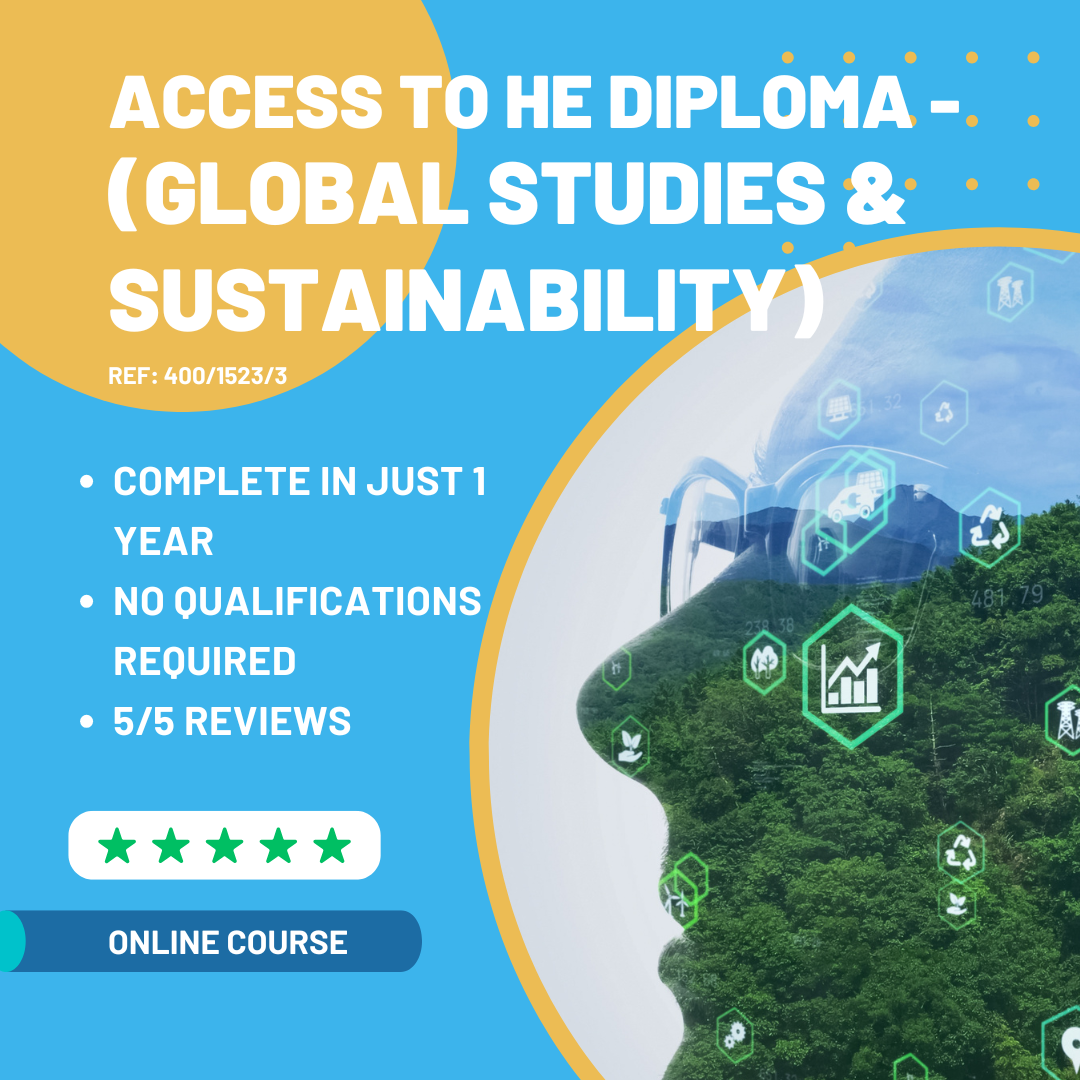
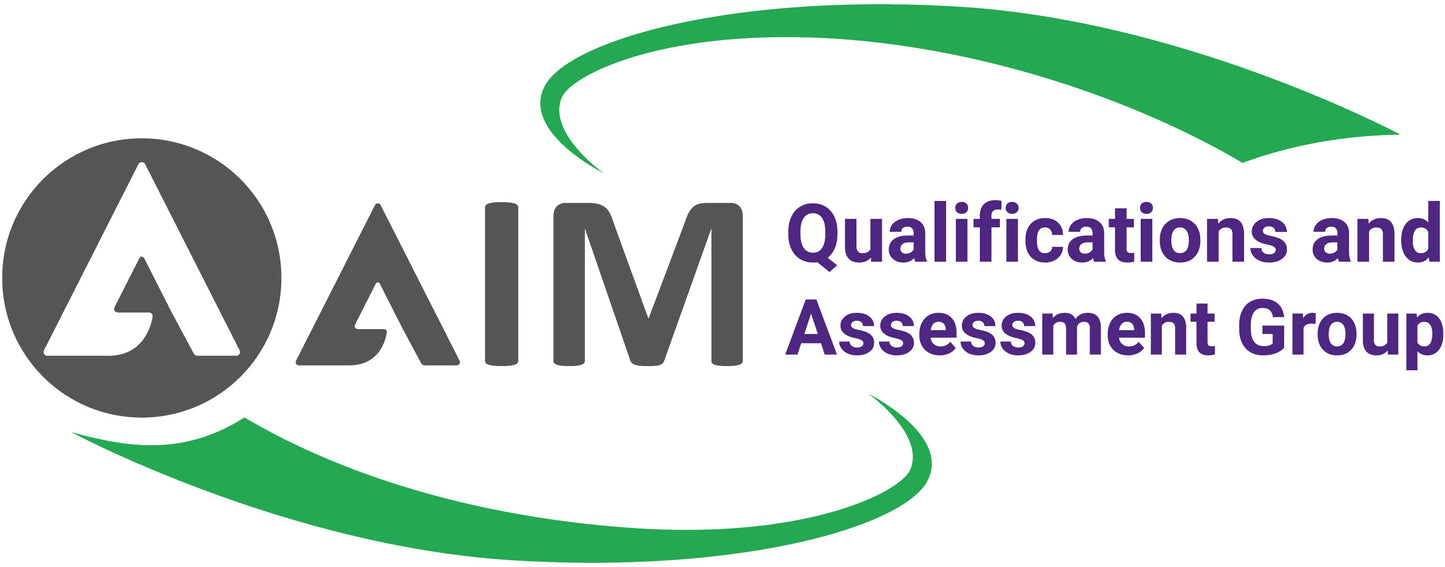

Our Guarantees
-

Affordable Learning
We offer flexible payment plans to make learning more accessible and affordable. Spread the cost of your course over manageable monthly payments, so you can focus on achieving your goals without financial stress.
-
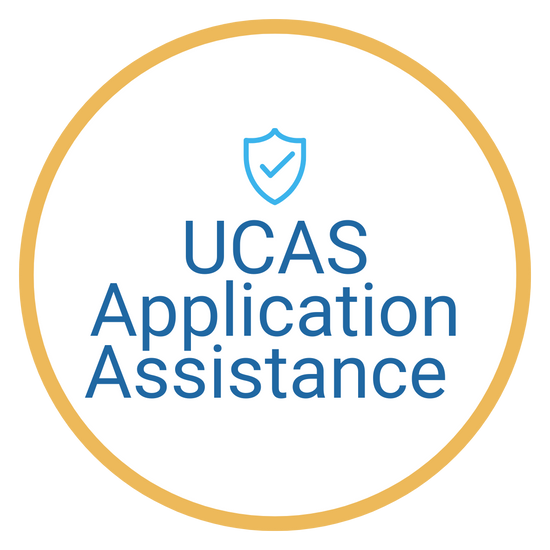
Application Support
We provide UCAS application support to help you navigate the university admissions process with confidence. From personal statement guidance to application tips, we’re here to support your journey to higher education.
-
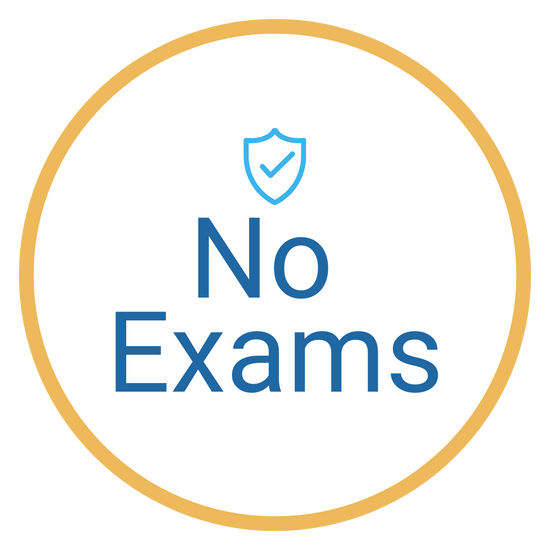
Exam Free Learning
Our courses are completely exam free. Instead of exams, you'll complete assignments and coursework designed to develop your knowledge and skills in a supportive and flexible learning environment.
Meet your expert friendly tutor
FAQs
Global Studies and Sustainability
Where can I get specific information on careers?
You’ll have access to our team of subject specialists in biology, law, sociology, and environmental science. They can provide tailored guidance on career pathways, university applications, and subject knowledge at any stage of your studies. Whether you’re exploring degree options, considering different industries, or want advice on how your diploma links to future opportunities, our tutors are here to support you with one-to-one advice and up-to-date insights.
Tutoring
Who will be my Tutor?
We have professionals that are current in their practice of their chosen fields to support you. For example, you will be able to take directly to a Midwife/Nurse and get guidance and support directly from these professionals as you complete your course.
This is on top of a Faculty Leader in Science who has worked as a Science Teacher for more than 10 years.
Will I get some 1:1 support?
Yes! We help our students personally navigate their career options with online video calls and messenger chats.
We provide 1-1 specialist support to you when you need it.
Working in partnership with you, we will provide a personal service of meeting individual educational needs and career options.
Experience
Do I need to be ‘good’ at science?
You experience of science at school will likely be in an exam-based system that places high importance on being able to remember knowledge and ‘perform’ under exam conditions. This course is completely different, instead of covering vast discipline of science this course focussing on the key foundation knowledge that you’ll need in the next step of your learning journey. Teaching difficult concepts is our expertise, we will meet you where you are and get you where you need to be. By the end of the course, you’ll love science and have produced some useful learning resources to take you into your next stages of study.
I’m anxious about sitting exams, will I have to sit exams either face-to-face or online?
This course is completely online, and you’ll be glad to hear that there are no exams. The course leader will assess your understanding and knowledge of the subject but setting you assessments with clear criteria and assessment descriptors. You will submit your assignment for grading, either ‘pass’, ‘merit’ or ‘distinction’.
I’m nervous to present or talk to the group online, will I be forced to do this?
We will meet you where you are, if you want to develop this skill ready for university then we can arrange smaller group sessions or one-to-one sessions to support you, or you can choose an alternative format for your presentation. We want you to feel comfortable and supported on this course.
University
Will I have support applying for university?
Absolutely, we will hold your hand every step of the way, you can talk to us about course choices, we’ll help proofread your personal statement, provide references. As promised, we will get you to university.
I haven’t decided which exact route I’d like to take within the profession, does it matter?
No, not at all, we’ll introduce you to a number of different professionals within the health services so you can hear about their journey, experience and careers.
Lessons
Will I have to do practical experiments at home?
The investigation skills unit is based around a practical investigation of red peppers. The equipment that you’ll need is limited to things you’d find in your kitchen but you don’t need to carry out the investigation yourself if you don’t want to as your course leader will demonstrate it.
What are the assignments like?
We set a variety of assignments that will set you up with skills that will be useful in your future studying and career. We encourage essay writing with referencing, but don’t worry, we’ll show you how! We also set presentations, video tasks, leaflet and poster design and we show you how to use great free tools like Canva to make it super easy.
Do I have to attend live lessons and switch my camera on?
No, not at all. Many of our students are busy people working shifts and managing several commitments. You can watch the session recordings and then arrange a time to meet with your tutor to ask any questions or get further support. As for the camera, switch it on if you feel comfortable, don’t worry if not. We’ve created a culture of supportive and collaborative students in our online community, but all approaches are respected and accepted. Do what makes you feel comfortable.
Student Review
“I studied Science and particularly appreciated the flexibility of the course, which really suited my needs. This experience has definitely helped me progress toward my goals, and I feel well-prepared for my next steps. I would recommend this course to others.”

